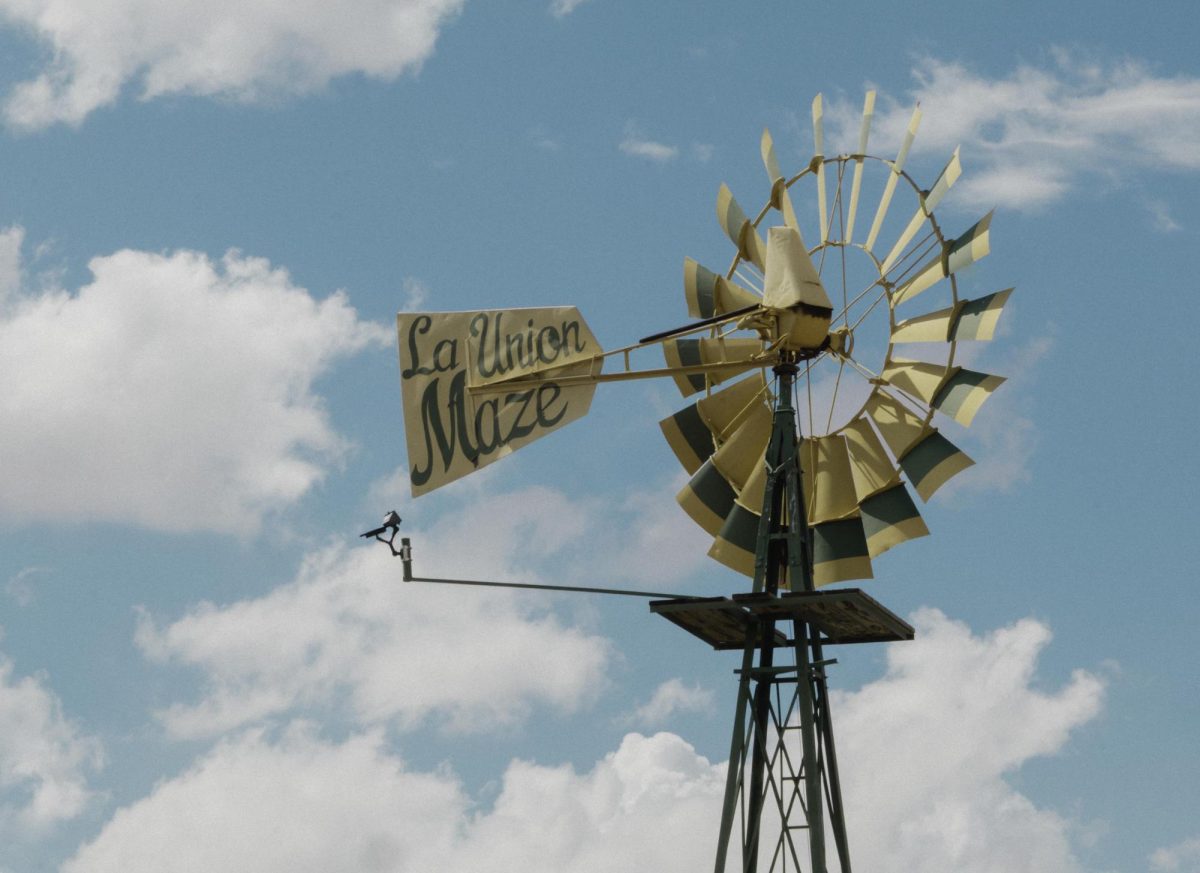At a crime scene, there are the first who arrive. There are paramedics and authorities, but also another group of people: journalists. These are the people who get the news out to everyone about what is happening, with some going to extreme lengths of putting themselves in danger to do so. From the conflict between Israel and Palestine to the Russia-Ukraine War, journalists have been sent to report on war and the crimes involved in that to other life-threatening stories.
One NPR story published Oct. 25 reported around 24 journalists were killed in the ongoing war between Hamas in Gaza and Israel. This is just one of many stories retelling the deaths of journalists killed in warfare around the world. While reporting is part of a journalist’s duty, it can be their duty to try and get out of harm’s way.
“Going into these things, we know the danger that comes with it, and we put all that aside just to make sure that people know what’s going on around them. It’s important to have people on the ground so we can have an actual view of what’s happening at the risk of our own health and safety,” said Christian Betancourt, urban affairs reporter at El Paso Matters. “I would say, just being aware of your surroundings, knowing what you’re walking into, it’s always very important. What’s more important, getting that photo of that farm or getting out of the way of the debris?”
There is a lot to think about while at the scene, but what about after? Witnessing crime and death firsthand can leave reporters with disorders such as Post Traumatic Stress Disorder (PTSD) or depression. A study on journalists and PTSD from the U.S. Department of Veteran Affairs confirmed while most journalists do not report stress with their jobs, other studies have shown increased rates of psychological distress for correspondents whose assignments involve death, dying and human suffering.
“The effects are often trauma, survivor’s guilt. You also have in a lot of ways, very real physical dangers too,” said Corinne Boudreaux, a lecturer for UTEP’s communication department and freelance photojournalist. “For a lot of journalists, the effects are the same as a combatant. You’re kind of facing that same risk and it can cause a lot of long-term mental health impacts.”
While some might think only officials arrive at scenes like these, reporters are some of the only people who remain to cover the damage after it is done. That said, there are many dangers a journalist can experience while on the field, wars and international conflict are a few. However, there are also ways to cope with this stress. Organizations like the Journalist Trauma Support Network (JTSN) and others are there for support when needed, and do not hesitate to help reporters covering history-making events.
Elisha Nunez is a staff reporter and can be reached at [email protected]








